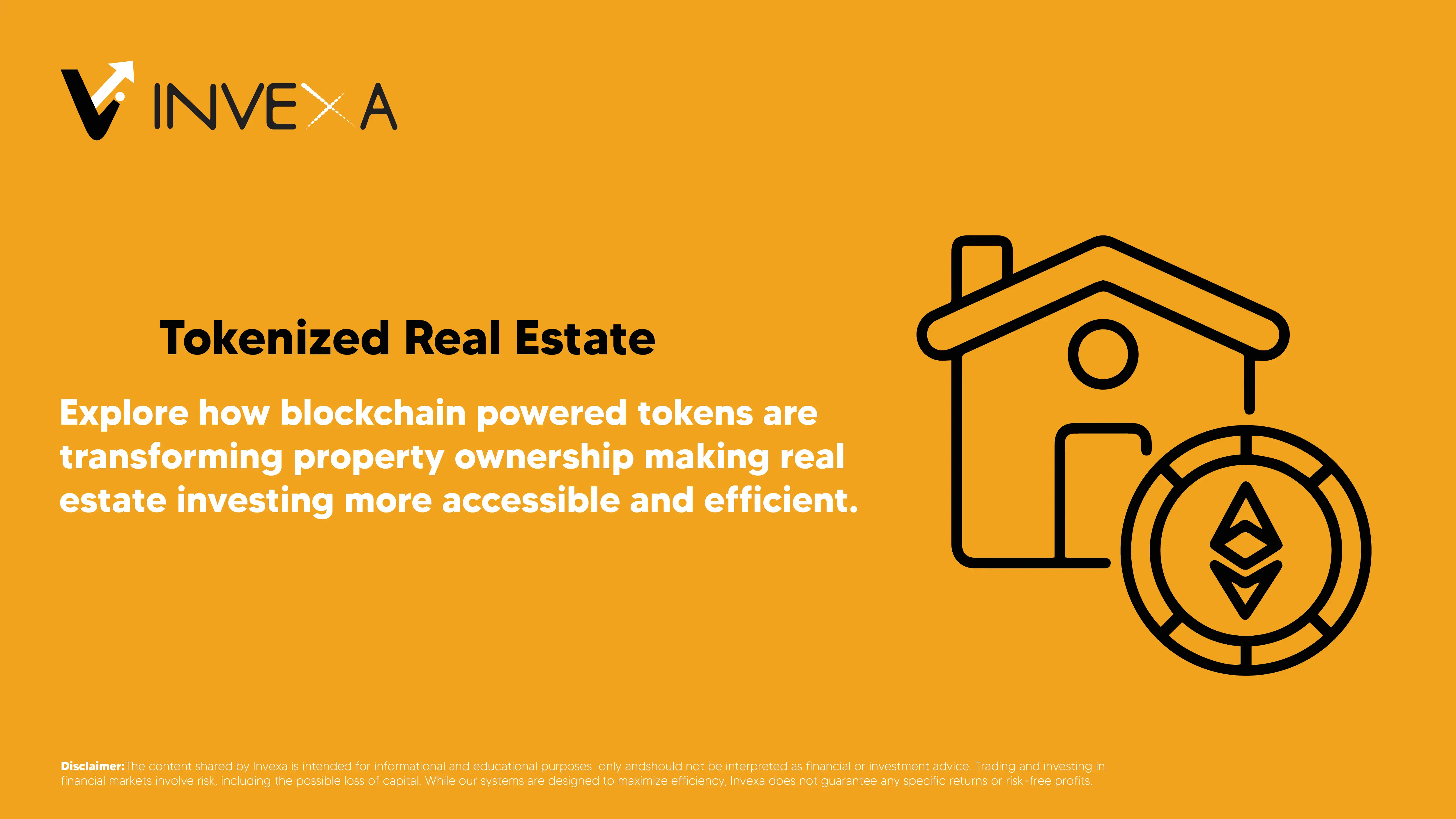
Explore tokenized real estate. Learn how blockchain fractional ownership and digital assets bring liquidity and global access to property investing.

Real estate has always been one of the most popular asset classes but high entry costs and limited liquidity made it hard for average investors to participate. Thanks to blockchain technology and real estate tokenization property ownership is becoming more accessible transparent and efficient than ever before.
Tokenized real estate involves converting ownership rights of a property into digital tokens on a blockchain network. These tokens represent fractional ownership allowing investors to buy and trade property shares similar to cryptocurrency investing or digital assets. With smart contracts and decentralized finance (DeFi) infrastructure transactions are secure verifiable and borderless.
One major advantage is liquidity. Traditionally selling property could take months but tokenization enables trading of real estate tokens on secondary markets in minutes. It also offers fractional property investment so investors can access high value assets like commercial real estate or luxury apartments with smaller amounts of capital. This lowers barriers to entry and creates opportunities for retail investors.
Tokenized real estate removes geographical barriers. A user in Asia can invest in a New York office building or a European rental property through digital securities. This expands global real estate markets and promotes cross border property investment. With digital identity verification and KYC/AML compliance investors enjoy both accessibility and regulatory security.
Distributed ledger technology (DLT) ensures transparency while token standards like ERC-20 and ERC-721 define how tokens function. Security tokens are backed by real world property assets making them more stable than typical cryptocurrencies. By leveraging digital property rights and tokenized assets real estate transactions become faster cheaper and resistant to fraud.
While tokenized real estate is promising investors should consider risks such as regulatory uncertainty market adoption and platform reliability. As governments develop real estate regulations for blockchain clarity will grow. Investors should also understand differences between utility tokens and security tokens to avoid compliance issues.
Tokenization is revolutionizing the real estate investment market. With digital real estate platforms property crowdfunding and real estate blockchain startups the sector is evolving quickly. As adoption spreads, we may see real estate ETFs backed by tokens integration with DeFi lending and a rise in fractional property ownership across both residential and commercial spaces.
Tokenized real estate combines the stability of property with the innovation of blockchain. By offering liquidity fractional ownership and global access it lowers barriers and opens new doors for investors worldwide. The digital revolution in property investing is here and it’s changing how we think about wealth building.